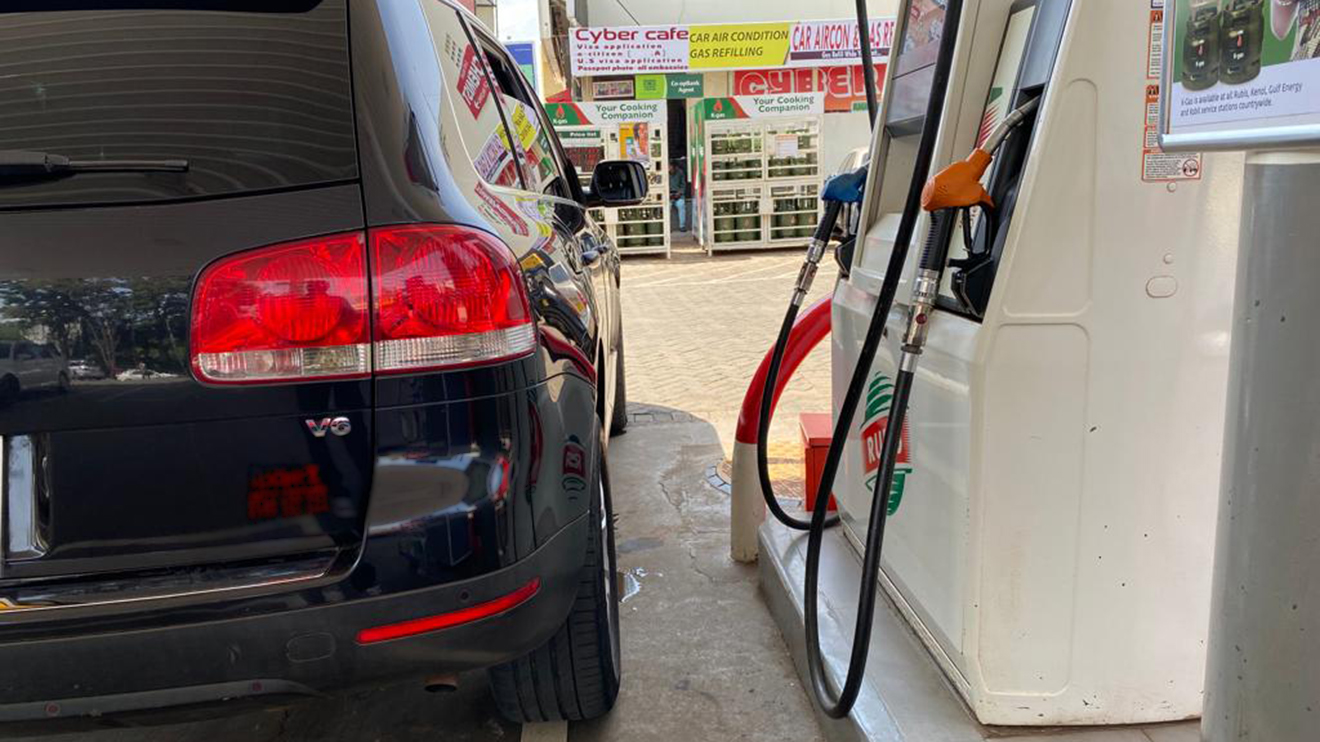Kenyans can now relax after holding their breath following the announcement by the Energy and Petroleum Regulatory Authority (EPRA) of reduced maximum retail prices for petroleum products from Monday January 14 to February 14.
This comes as a much-needed reprieve after months of relentless price hikes that squeezed household budgets and hampered economic activity.
Across the board, prices will fall by Sh5 per litre, with Kerosene enjoying an additional Sh0.82 decrease.
"In the period under review, the maximum allowed petroleum pump price for Super Petrol, Diesel and Kerosene decrease by Sh5.00 per litre, Sh5.00 per litre and Sh4.82 per litre respectively," EPRA statement read.
Read More
In Nairobi, motorists will now pay Sh207.36 for Super Petrol, Sh196.47 for Diesel, and Sh194.23 for Kerosene – a noticeable dip compared to recent costs.
Mombasa residents will still buy Super Petrol at Sh204.3 per litre, Diesel will retail at Sh193.41 while Kerosene will retail at Sh191.05.
Fuel pump prices for Super Petrol will retail at Sh207.12, Diesel will retail at Sh196.64 and Kerosene will also retail Sh194.42 in Kisumu.
The welcome reversal stems from a decline in international oil prices.
Driven by global market dynamics, the average landed cost of imported fuels has witnessed a notable drop: Super Petrol by 2.4 per cent, Diesel by an impressive 9.06 per cent, and Kerosene by 4.33 per cent.
These trends, meticulously tracked by S&P Global Platts, directly translate into local pump price adjustments.
The price of Diesel has been cross-subsidized with that of Super Petrol. Oil Marketing Companies (OMCs) will be compensated for the under-recovery of costs from the Petroleum Development Levy (PDL) Fund.
While the downward trend offers optimism, it's crucial to acknowledge that the revised prices still incorporate the 16 per cent Value Added Tax and adjusted excise duty rates.
Additionally, Kenya's dependence on imported refined petroleum products means international market fluctuations and exchange rate variations will continue to influence local costs.
Nevertheless, this price reduction marks a significant victory for consumers and businesses alike.
Lower transportation costs can stimulate economic activity, benefiting a broad spectrum of industries.
The hope is that this positive development will cascade through the system, offering much-needed breathing room and fostering a more robust economic climate.







-1757663582.jpeg)
